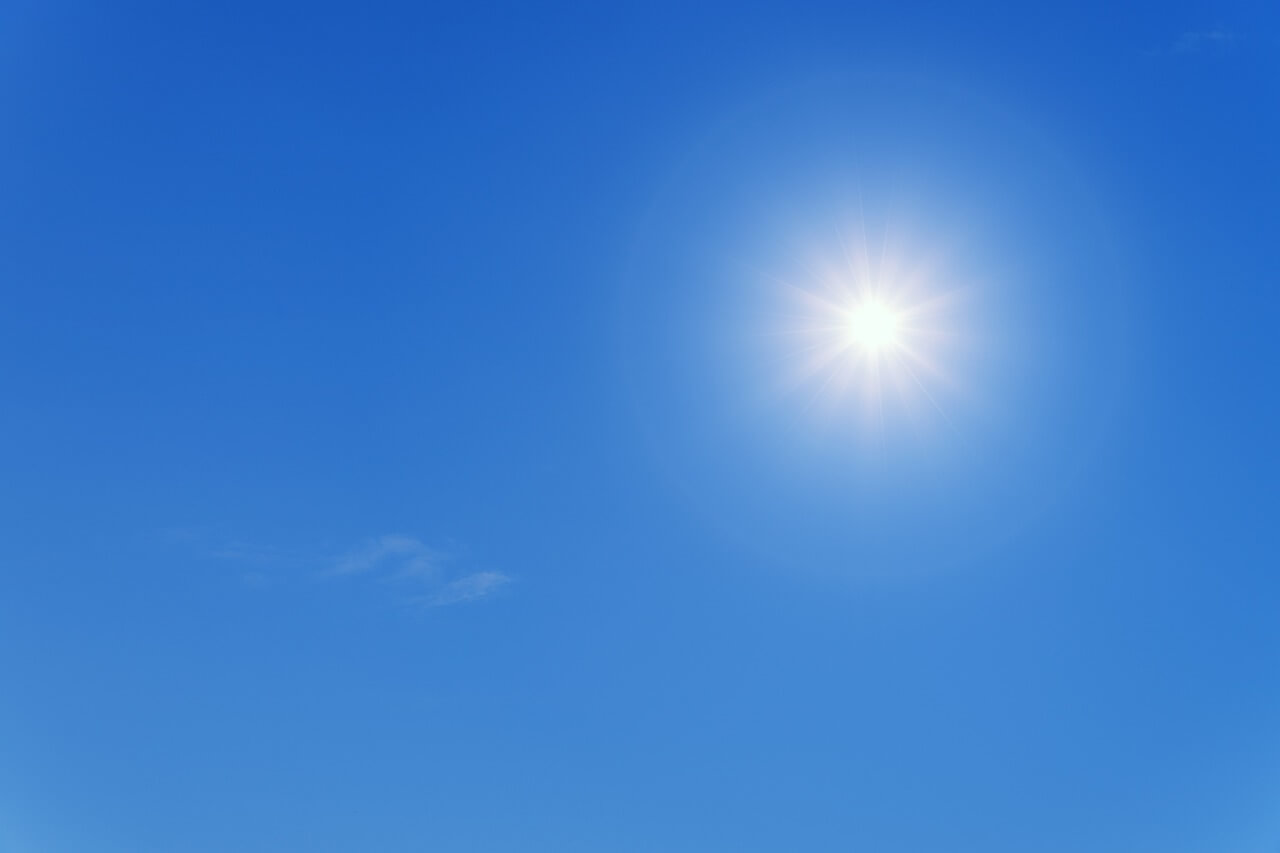
Prolonged heat is tough on grass. So, by mid- to late summer, your lawn could be experiencing heat stress. The good news is that the better cared-for your lawn is all year-round, the better it will recover when the cooler temperatures of fall arrive.
What Heat Stress Does to Your Lawn
Imagine the perfect lawn: green, lush, and weed-free. Now, imagine the complete opposite, and you have a picture of a heat-stressed lawn. The specific effects of heat stress include:
- Discoloration: Grass typically turns brown or straw-colored at the tips or along the entire blade.
- Thinning Grass: Heat stress can cause the lawn to go into dormancy, resulting in die-back. Warm-season grasses may stop self-spreading.
- Proliferation of Weeds: With your lawn in a weakened state, weeds have the upper hand and spread freely.
- Lack of Resilience: Healthy grass springs back quickly and easily after being walked on or compressed by lawn furniture or other objects. In a heat-stressed lawn, grass stays smooshed or matted long after the pressure is removed.
Help Your Lawn Recover
While it’s impossible to prevent heat stress, these tips will help your lawn rebound when hot weather subsides.
- Make sure your lawn gets an inch of water per week. Avoid frequent, shallow watering; instead, water deeply just a couple of times a week.
- Remove objects and debris that restrict sunlight and airflow.
- Reduce traffic as much as possible.
- Raise your mower blade to high, so that grass grows longer and helps shade the soil.
How to Make Your Lawn More Stress-Resistant
No organic lawn care company can stop Mother Nature from dishing out a long, hot summer. But we can help make Atlanta lawns more resistant to the damaging effects of heat. The hybrid and organic treatments we apply year-round support the healthy growth of the grass and root system, making turf better able to withstand our hot Atlanta summers.

